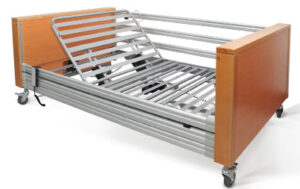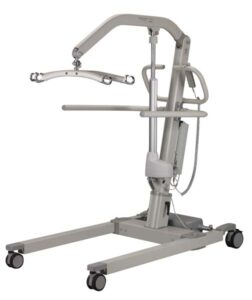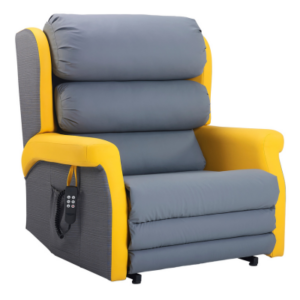We are delighted to announce that on 30th October 2024 Joerns Healthcare’s UK business, including the ‘Oxford’ range of products, became part of the Prism Healthcare Group. With a heritage dating back to the 1950s, Oxford is one of the leading brands in the patient handling and rehabilitation product markets.
The Oxford brand specialises in clinical hoisting equipment, slings and bathing equipment. The Oxford product ranges represent a strategic addition to the Prism Healthcare Group, which is dedicated to transforming lives in the home, long-term care, acute care and paediatric settings. Prism will take on board the full Oxford product set, including the ‘Professional’ and ‘Classic’ ranges as well as complementary bathing products, slings and other products supplied by Joerns UK. Within its core UK market, Joerns UK is a supplier to the community equipment market via loan store operators and independent local authorities, as well as to NHS Trusts, care homes and dealers.
The acquisition of Joerns UK is expected to strengthen Prism’s position as one of the UK’s leading providers of safe patient handling, pressure area care and specialist seating equipment for individuals with limited mobility.
Chris Morgan, Managing Director of Joerns UK, will take on an expanded role within the enlarged Prism group. He will lead Prism’s UK Homecare and Acute Care businesses, including leading the Joerns UK team within the enlarged UK group.
Chris Morgan comments:
“I am delighted to have the opportunity to join the Prism Healthcare Group in this exciting new era and to continue the positive development of our company. I love working with the fantastic people in this industry and am delighted that the Prism group will support us to continue our successful growth. This will be for the shared benefit of our customers, our team and our supply chain partners.”
Jason Leek, CEO Prism Healthcare Group, adds:
“The Oxford range of products is an exciting addition to the Prism Healthcare Group. This acquisition strengthens our product offering, supports our expansion into the acute market and, most importantly, allows us to provide our customers a broader offer. I am very excited that we can expand the value-add offering for our customers as well as enhancing our relationships with our suppliers. I am delighted to welcome Chris Morgan and the Joerns team to the group and look forward to working together”.





